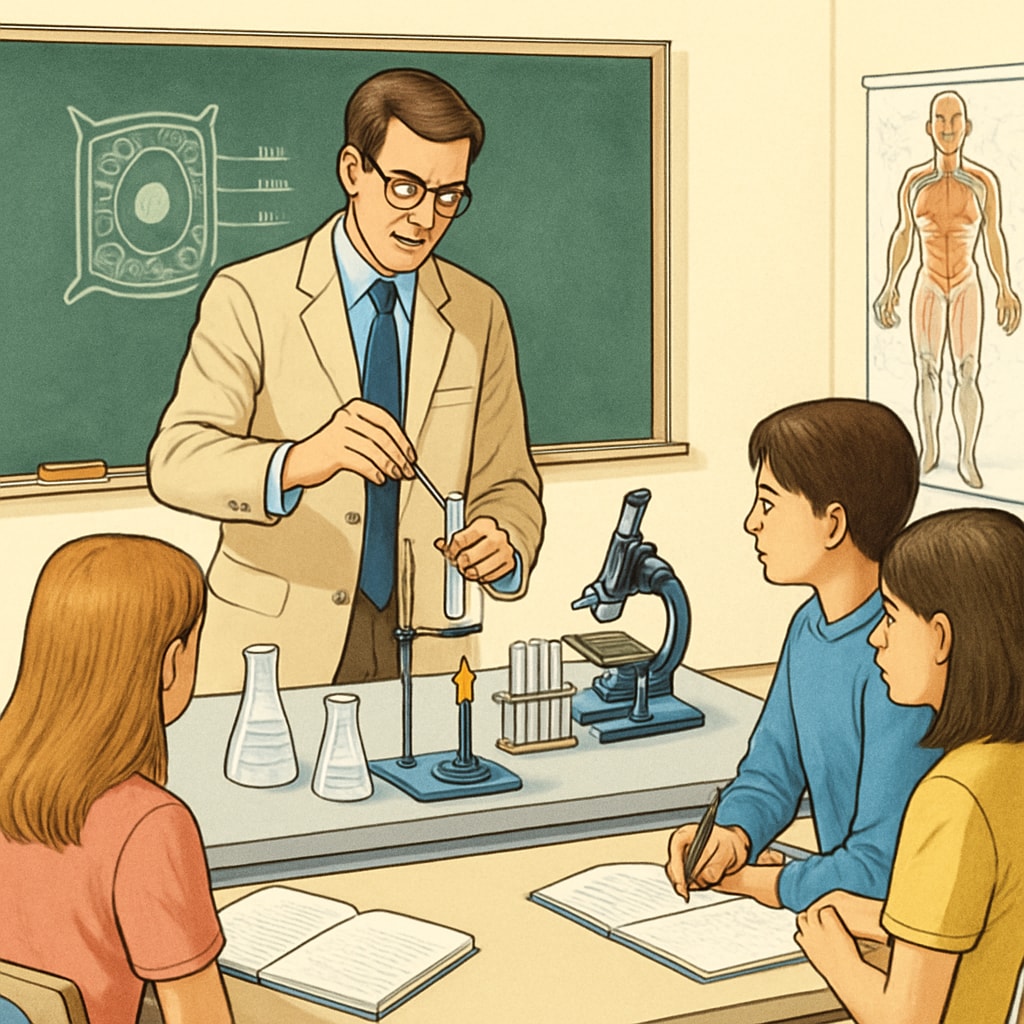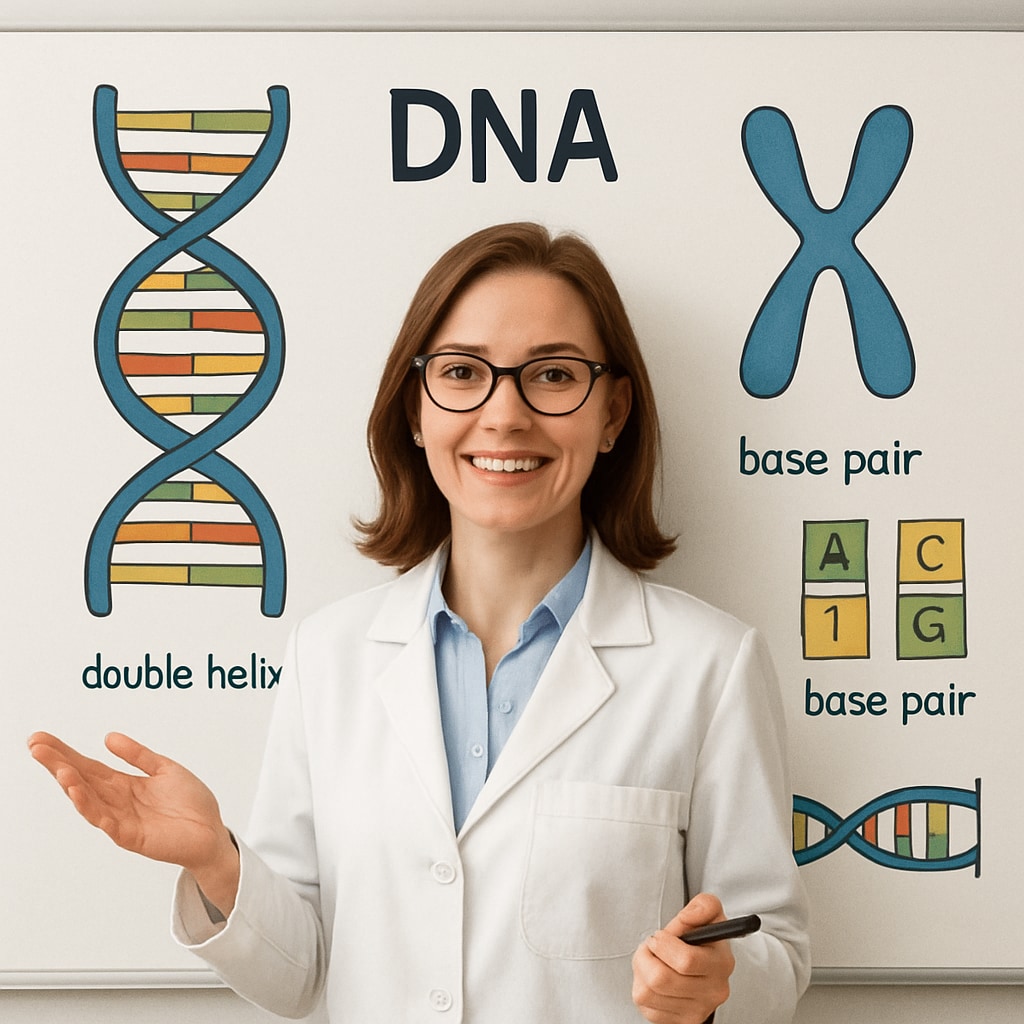For biology graduates, the idea of pursuing a career in education might seem like a significant leap. However, the transition from a biology background to a master’s degree in education offers unique opportunities for applying scientific expertise in teaching. This article explores the feasibility of this shift, delving into its challenges, opportunities, and actionable strategies for success.
The Unique Intersection of Biology and Education
Biology graduates bring a wealth of knowledge that can enrich the field of education. Their deep understanding of scientific concepts and research methodologies positions them as effective educators, particularly in STEM (Science, Technology, Engineering, Mathematics) disciplines. As schools increasingly emphasize STEM education, professionals with a biology background are uniquely equipped to bridge the gap between theoretical science and practical application.
For example, biology graduates can inspire students with real-world applications of science, such as environmental conservation, medical advancements, and biotechnology. This connection between academics and real-life scenarios makes learning more engaging and relevant for students.

Challenges in Transitioning to an Education Career
Despite the advantages, transitioning from biology to a master’s in education is not without its challenges. First, there is the need to acquire pedagogical skills and teaching certifications, as these are often essential for employment in schools. While biology graduates may have a strong grasp of content knowledge, understanding how to effectively communicate complex ideas to diverse learners requires additional training.
Another potential hurdle is the cultural shift. Moving from a scientific research environment to the classroom demands adaptability. Educators must navigate classroom management, curriculum planning, and diverse student needs—skills that are not typically emphasized in a biology program.
However, these challenges can be mitigated through structured teacher preparation programs. Many education master’s degrees include hands-on teaching practicums, which provide opportunities to develop these essential skills in a supportive environment.
Opportunities for Biology Graduates in Education
The demand for qualified STEM educators is growing globally. According to a Wikipedia article on STEM education, governments and educational institutions are prioritizing STEM to prepare students for the modern workforce. This focus creates a wealth of opportunities for biology graduates who transition into teaching roles.
In addition to traditional teaching positions, biology graduates can pursue specialized roles such as curriculum developers, educational consultants, or even creators of science-focused educational content. These roles leverage their scientific expertise to make a broader impact on education systems.

Practical Tips for a Successful Transition
For biology graduates considering this path, here are some practical steps to ensure a smooth transition:
- Research Education Programs: Look for master’s programs specializing in STEM education or secondary education with a focus on science.
- Gain Classroom Experience: Volunteer or work as a teaching assistant to familiarize yourself with the school environment.
- Develop Communication Skills: Practice explaining complex biological concepts in simple terms to non-experts.
- Network with Educators: Join professional organizations like the National Science Teachers Association (NSTA) for insights and mentorship.
- Stay Updated: Keep up with advancements in both biology and teaching methodologies to remain relevant in your dual expertise.
Conclusion: The Value of Interdisciplinary Expertise
Transitioning from biology to education is more than a career shift—it’s an opportunity to make a meaningful impact. By bringing scientific expertise into the classroom, biology graduates can inspire the next generation of learners and contribute to advancing STEM education. While challenges exist, with the right preparation and mindset, this interdisciplinary journey can be incredibly rewarding.
For those passionate about both science and teaching, pursuing a master’s in education is not just feasible—it’s a transformative step toward a fulfilling career.
Readability guidance: This article uses concise paragraphs, clear transitions, and practical examples to maintain engagement. Lists are employed to summarize actionable tips, and external links provide additional resources for readers.


